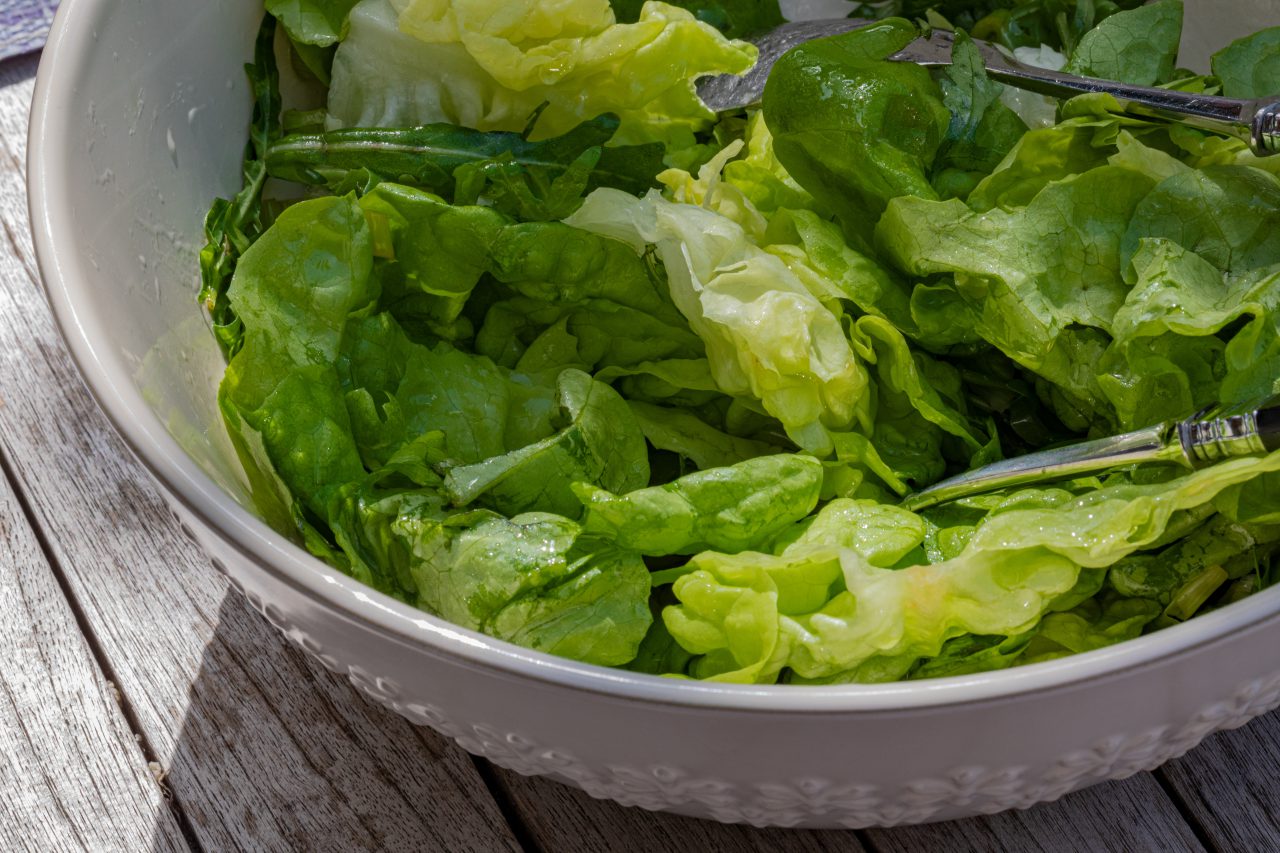
Tips to create your own reverse diet plan
A post-competition reverse is essentially reversing your way out of a prep. In a competition prep, we are slowly bringing down our overall deficit: increasing cardio and decreasing carb & fat intake. This gets us to the end goal: stepping on appropriately conditioned for the class we have entered and are competing in. Therefore, with a reverse diet, we are doing just the opposite in order to get to a maintainable level where we are healthy and happy.
The post-show reverse is incredibly important and I’ve seen so many competitors fail at reverse diet. It’s even more mentally difficult than prep itself because there is no longer that specific goal date. People struggle with this and it is hard but worth it. You don’t want to rebound and gain back all the body fat you lost plus some. Not to mention that this drastic change can also wreak havoc on your health as well.
If you have a coach, your coach should be able to guide you through this and have a plan set up for this. I typically have a reverse plan already set and ready for my clients during their peak week so they know exactly what to do and when to implement it. They know what to expect.
With that being said, here are my tips on how to create your own reverse plan:
Each week, slowly reduce your cardio.
If you were doing HIIT during prep, change it to steady state cardio. Then each week, decrease your overall time. For example: if doing 40 min 4 days a week. Week 1: decrease to 35 min. Week 2: decrease to 3 days. Week 3: decrease to 30 min. Week 4: decrease to 2 days. Week 5: decrease to 25 min. As you can see, there is a pattern here. Keep it going.
Listen to your body in the gym.
Your body just went through something pretty difficult, so listen to it. Don’t push yourself too hard and find some grace and balance. Your risk for injury is incredibly high right now. Try switching things up like reducing the weight and going higher reps. Just do what feels good to you and get adequate rest between sets.
Slowly start to add in carbs & fats weekly.
Immediately after a show, I typically have clients back on the same amount of calories as they were 2-3 weeks out from their comp. After that, each week I add in about 150-200 calories and distribute them between carbs and fats.
For example: add in 20-25g of carbs and 10-15g of fats. The increase in carbs will help with energy levels (you know, those energy levels that you completely lost during prep? Yeah those). The increase in fats will help with hormone regulation. The increase in total calories will also help with satiety, cravings and will help you avoid snacking or even binging.
Add in non-tracking treat meal.
I really dislike the word “cheat meals” or “cheat days” as it has such a negative connotation to it. We don’t cheat on our plans, but if you plan in non-tracking treat meal to allow yourself some freedom and grace, you won’t have to feel guilty about it. It’s all part of the plan, right? This is best done post-workout when your body needs it the most both mentally and physically.
Stay accountable!
Keep checking in with your coach with pictures, measurements, and weight as well as feedback as to how you are doing mentally, physically, and emotionally. What is improving and what are you struggling with? Many competitors fall off the face of the earth post show, most of them because they aren’t following their plan and they feel guilty.
However, this is when you need your coach the most. Trust me, we’ve seen it all! Even if you haven’t been faithful to your plan, this is where good coaches are the most valuable. They will provide guidance and help talk you through your thoughts & emotions. Competitors are truly made during the offseason and this is what sets top-level athletes apart. Lean on your coach year-round. If you fall off, jump right back in.
Create brand new goals.
Maybe even not competition-related. Set a goal to do something you’ve always wanted to do or accomplish. Maybe it’s a new PR on your bench, maybe it’s trying a new class each week/month or even signing up for a race or tough mudder. Keep crushing goals even during your offseason. Just be sure to discuss with your coach so that they are able to keep your nutrition and training plan in alignment with those goals.



